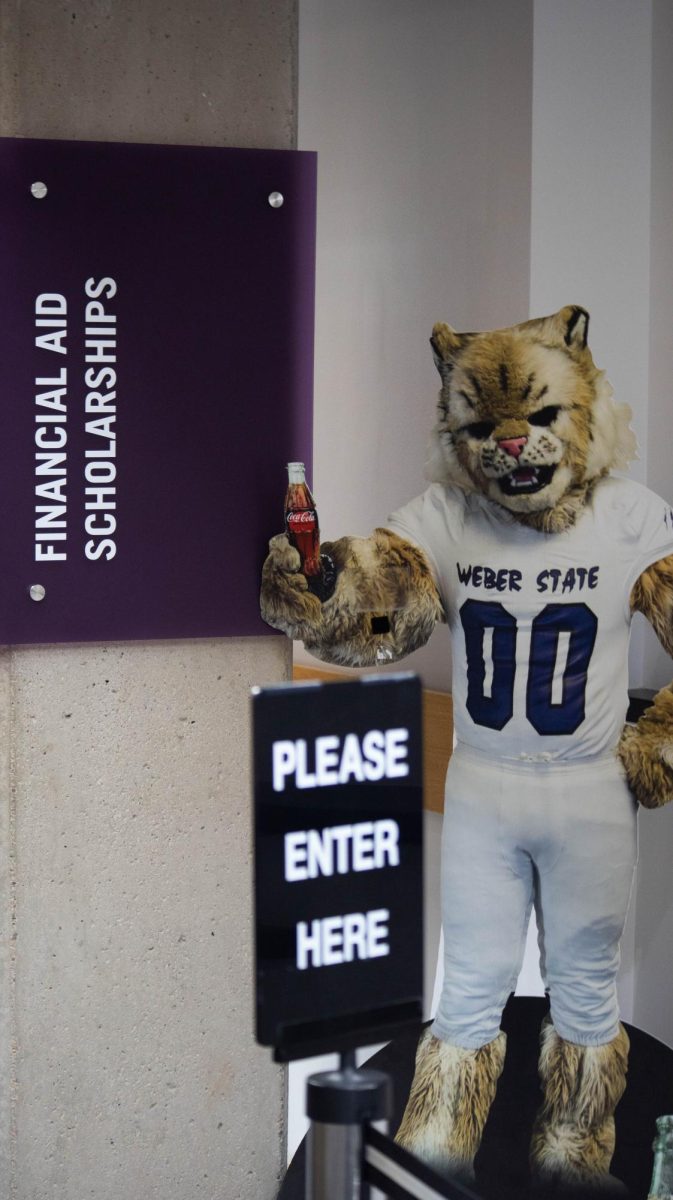A significant portion of Weber State University students qualify as non-traditional students. To better help these students, who tend to have different challenges when entering college, WSU has a department devoted to helping them on their college path in the Non-Traditional Student Center.

The center offers additional support for any non-traditional student who would like to take advantage of its resources, with locations in the Shepherd Union Building on the Ogden and Davis campuses.
Kristalyn Garfield, peer mentor at the Non-Traditional Student Center, was a returning student herself. When Garfield came back to WSU, she was 41. Garfield understands that it can be challenging just returning to school after some time has passed.
“The Non-Traditional Student Center does not turn away any WSU student seeking their services,” Garfield said.
Though the center does not turn away students looking for resources, their goal is targeted to serve students who are married or widowed, over 25 years of age, have dependents or are in committed relationships.
“I was able to find solutions to problems so fast just by coming here,” Garfield said. “Just by being around those kinds of students and getting the help I needed.”

Like her colleagues, Garfield understands how hard it can be to navigate WSU’s many support systems and is well-aware of the challenges many non-traditional students find themselves up against. With 92% of college students under the age of 24, most resources are not geared toward those 25 and older, even though 11.4% of Americans 25 to 34 are enrolled in a higher education institution, according to educationdata.org.
The average age of students enrolled full-time at WSU is 26, which is about 4 years older than the national average for full-time enrollment.
Jared Tenney, peer advisor at the Non-Traditional Student Center, was in a similar position when he returned to college after a nearly two-decade hiatus.
“As a non-traditional student myself,” Tenney said. “I graduate in December, and I started college 21 years ago, and I am finally getting my bachelor’s in December.”
Tenney knows the barriers that non-traditional students face firsthand. Before COVID-19, he saw about 30 students per day at the center. A peer mentor can help students in many ways, including with understanding and filling out FASFA applications, scholarships and finding childcare services. Advisors speak with students to help alleviate any burdens that might hinder a student from pursuing their degree.

Advisor Cody Brown was also a non-traditional student in college. After graduating with a master’s degree, he took a job at the Non-Traditional Student Center.
“We’re a one-stop-shop for any student’s need,” Brown said.
Brown, Tenney and Garfield suggest that all non-traditional students stop in the Shepherd Union and see what services, scholarships and activities that the Non-Traditional Student Center can offer them.



















